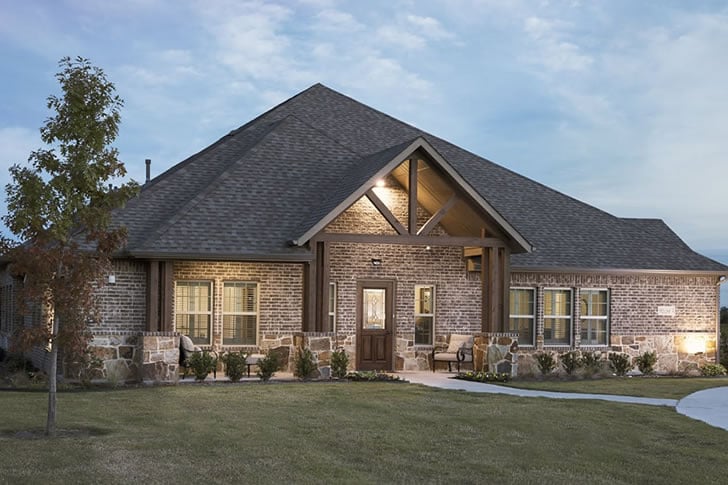As seniors age, finding affordable housing becomes increasingly crucial, especially amidst financial difficulties. Here’s a comprehensive guide to help navigate affordable housing options and resources for seniors.

Securing safe, comfortable, and affordable housing is vital for seniors facing financial challenges. Fortunately, a variety of programs and strategies are available to support their housing needs. Here’s a comprehensive overview of options and tips to navigate affordable housing solutions:
1. Public Assistance Programs
- Section 8 Housing Choice Voucher Program:Provides rental assistance to low-income seniors, allowing them to rent housing in the private market at reduced cost. Income eligibility and waiting lists apply.
- Public Housing:Managed by local public housing authorities, offering subsidized apartments specifically intended for low-income seniors.
- State and Local Housing Programs:Many states and municipalities have tailored programs to help seniors obtain affordable housing or rent subsidies.
2. Senior-Specific Housing Options
- Senior Apartments:Rental communities designed for older adults, often with income-based rent and amenities tailored to seniors’ needs.
- Assisted Living with Subsidies:Some assisted living facilities accept Medicaid or offer sliding-scale fees, making care more affordable.
- Shared Housing Arrangements:Living with family members, friends, or other seniors to split housing costs.
3. Financial Assistance and Benefits
- Supplemental Security Income (SSI):Provides additional monthly income for low-income seniors, which can be used toward housing costs.
- Homeless Prevention Programs:Local agencies may offer grants or short-term assistance for seniors at risk of eviction.
- Energy Assistance Programs:Helps reduce utility costs, freeing up funds for housing expenses.
4. Strategies to Maximize Housing Affordability
- Housing Counseling:Work with HUD-approved counselors for guidance on available resources and navigating applications.
- Explore Rent Control and Stabilization Laws:Some areas have regulations that limit rent hikes for seniors or long-term tenants.
- Seek Nonprofit Assistance:Organizations like Habitat for Humanity or local charities sometimes offer affordable housing initiatives.
- Consider Relocation to Cost-Effective Areas:Moving to regions with lower real estate costs or living expenses can significantly reduce financial strain.
5. Additional Support Resources
- Legal Aid:Free legal assistance for eviction prevention or tenant rights.
- Community Health and Social Services:Many communities offer programs that combine affordable housing with support services.
- Volunteer and Advocacy Groups:Senior advocacy organizations can provide guidance and support in accessing affordable options.
Final Tips
- Assess Your Financial Situation:Create a budget to understand what you can afford and identify subsidies or assistance programs.
- Stay Informed:Housing programs often have waiting lists; apply early and stay in contact with local agencies.
- Prioritize Safety and Accessibility:Ensure housing meets your health and mobility needs, especially if you have special health considerations.
In conclusion, there are multiple pathways to affordable housing for seniors experiencing financial hardships. By leveraging available programs, seeking expert guidance, and exploring community resources, seniors can find stable, affordable places to live while maintaining dignity and independence.









